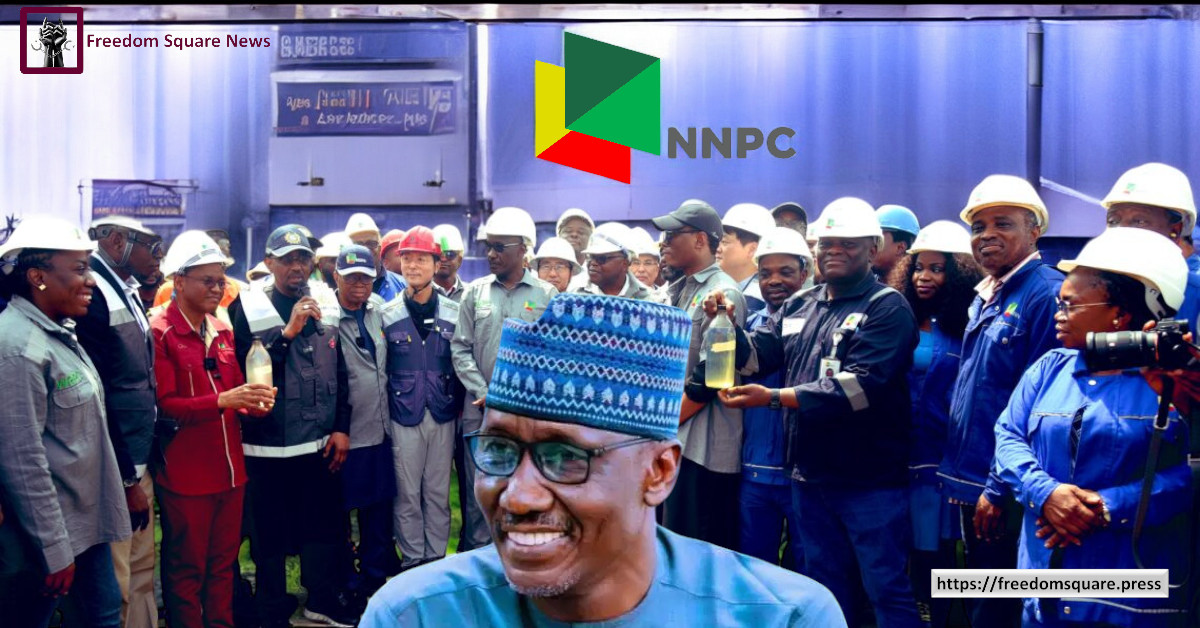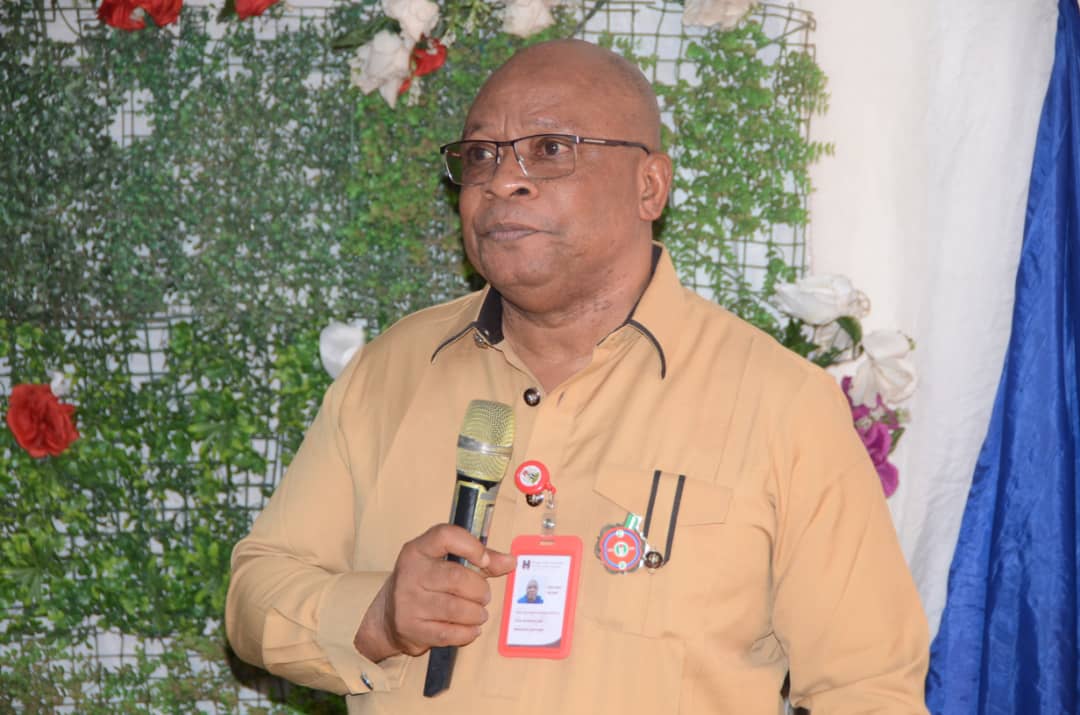The Nigeria Labour Congress (NLC) has expressed its dissatisfaction with the Federal Government’s handling of key issues outlined in the seven-point memorandum of understanding (MoU) reached with organized labour.
The NLC accuses the government of not showing enough commitment to tackle pressing concerns, leading to growing frustrations among the masses.
In response to the lack of progress, the NLC had planned a press conference to announce upcoming mass protests. However, they decided to await President Bola Tinubu’s national broadcast later in the day before proceeding. The fuel subsidy talks have been particularly contentious, with the NLC feeling that the government is employing delaying tactics rather than addressing the hardships faced by the people.
The Head of Information and Publicity at the NLC, Comrade Benson Upah, highlighted the challenges faced during negotiations. He reported that the government team failed to show up for a scheduled meeting, and even when they did, their representation was weak, yielding no tangible results. Upah expressed disappointment in the government’s lack of urgency, particularly in implementing the agreements reached in the memorandum.
Drawing comparisons to previous administrations, Upah cited instances where interventions were promptly introduced to alleviate the burden on the people. During the regimes of Presidents Ibrahim Babangida and Sani Abacha, concrete plans were executed rapidly to mitigate the impact of fuel price hikes. Even under Presidents Olusegun Obasanjo and Umaru Musa Yar’Adua, interventions were made to address economic challenges.
In the current situation, the NLC believes the government failed to consult stakeholders before announcing the removal of fuel subsidy. Despite the subsidy’s removal, there has been no meaningful intervention to cushion the effects on the masses, leading to growing frustration. Furthermore, the NLC questions the government’s quick approval of funds for the National Assembly and Judiciary, while interventions for the poor are seemingly neglected.
The NLC emphasizes the need for a more concerted effort from the government to address the welfare and economic challenges faced by the people. They demand a clear plan and direction regarding the fuel subsidy issue and expect the government to prioritize the interests of the less privileged sections of society. As the situation unfolds, the NLC remains vigilant in advocating for the rights and well-being of Nigerian workers and citizens.




